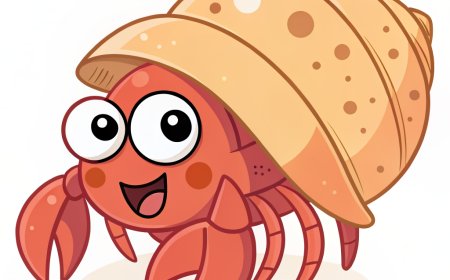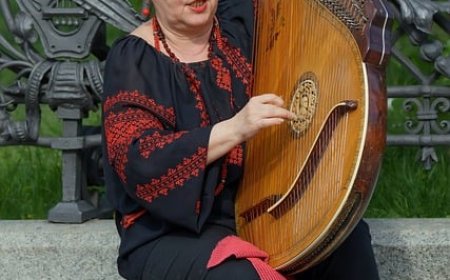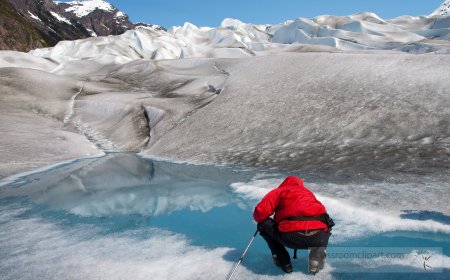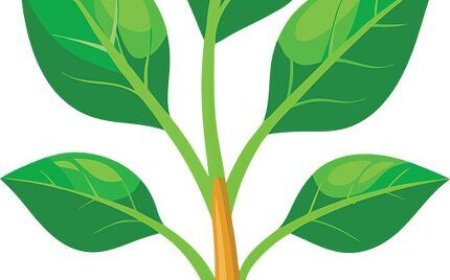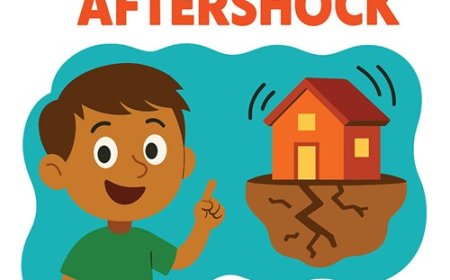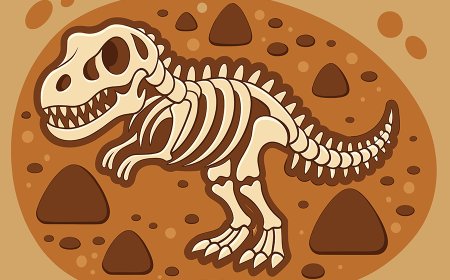Louis Pasteur Biography for Students: Germs Vaccines and Science
Learn how Louis Pasteur changed the world by discovering germs, inventing vaccines, and saving lives through science
🔬 Introduction: The Man Who Fought Invisible Enemies
Have you ever gotten a vaccine? Drunk milk from the fridge? Washed your hands to stay healthy?
If so, you can thank Louis Pasteur, one of the most important scientists in history.
He discovered germs, created the first vaccines for deadly diseases, and invented pasteurization, which keeps food safe. His ideas helped save millions of lives and changed how we understand health and disease.
👶 Early Life: A Boy Who Loved to Draw
Louis Pasteur was born on December 27, 1822, in a small town in France. As a boy, he loved:
-
Drawing and painting
-
Helping his father, who worked as a tanner
-
Asking questions about the world
At school, Louis was not a top student at first. But over time, he grew interested in chemistry and science, and worked very hard to succeed.
Eventually, he became a professor at top universities in France-and that's when his most important work began.
🦠 What Are Germs?
Before Louis Pasteur, most people believed diseases came from:
-
Bad air
-
Evil spirits
-
Rotten food
Doctors didn't know about germs-tiny, invisible organisms like bacteria and viruses.
Pasteur proved that germs are real and they cause disease and infection. This idea is called the germ theory of disease.
🧪 Pasteur's Experiments: Breaking Old Beliefs
Pasteur loved experiments. One of his most famous involved soup!
The Soup in the Swan-Neck Flask:
He boiled soup in a flask with a long, curved neck. Air could enter, but dust and germs got trapped in the bend.
Result:
-
The soup didn't spoil-as long as germs couldn't get in
-
If the flask was tipped, the soup spoiled quickly
He showed that germs don't just appear from nothing. They come from other germs.
This changed science forever.
🥛 Pasteurization: Making Milk and Juice Safe
Have you seen the word "pasteurized" on a milk carton or juice bottle?
That process is named after Louis Pasteur!
He discovered that heating liquids to a certain temperature and then cooling them kills harmful germs without changing the taste.
This is called pasteurization, and it's used in:
-
Milk
-
Juice
-
Yogurt
-
Cheese
-
Beer and wine
It helps keep our food safe to drink and eat.
💉 Fighting Diseases with Vaccines
Pasteur also invented ways to protect people and animals from deadly diseases.
Rabies and Anthrax:
-
Rabies was a terrifying disease, often fatal
-
Anthrax killed farm animals and sometimes people
Pasteur developed vaccines to prevent these diseases-just like flu and COVID-19 vaccines protect us today.
In 1885, he gave his rabies vaccine to a young boy who had been bitten by a rabid dog-and it saved the boy's life.
It was a huge breakthrough in medicine.
⚗️ A Scientist with a Mission
Pasteur wasn't just a scientist in a lab-he was also a hero to many people.
He believed science should:
-
Help humanity
-
Prevent suffering
-
Protect lives
He worked closely with doctors, farmers, and veterinarians to share his discoveries and make the world healthier.
🏅 Honors and Awards
Louis Pasteur became one of the most famous scientists in the world.
He received:
-
National medals and honors from France and other countries
-
His own Pasteur Institute, which still researches diseases today
-
Statues and schools named after him
-
Worldwide respect for his life-saving work
He died in 1895, but his ideas are still protecting lives every day.
🤩 Fun Facts About Louis Pasteur
-
He was left-handed!
-
He was almost a professional artist before choosing science
-
He tested anthrax vaccines on sheep to prove they worked
-
Pasteur believed in "chance favoring the prepared mind"-meaning good ideas come to people who are ready to notice them
-
He is one of only a few people buried at the Pasteur Institute, in a grand marble crypt
👧👦 Why Kids Love Louis Pasteur
Louis Pasteur shows that:
-
Curiosity can save lives
-
Hard work leads to discoveries
-
Science helps people stay healthy
-
Even invisible things, like germs, can have a big effect on our lives
He made the world cleaner, safer, and smarter.
🏁 Conclusion: A Legacy of Health and Hope
Thanks to Louis Pasteur, we know how to fight germs, prevent disease, and protect ourselves with vaccines. His discoveries helped launch the fields of microbiology, immunology, and modern medicine.
So next time you wash your hands, drink a glass of milk, or get a vaccine-remember the man who made it possible.
What big problem would YOU solve with science?Like Louis Pasteur, your ideas could make the world a better place.
🧠 Interactive Quiz: Louis Pasteur
- What did Louis Pasteur discover?
A. Electricity
B. Germs and how they cause disease
C. The solar system
D. Gravity - What is pasteurization used for?
A. Making paper
B. Heating food to kill harmful germs
C. Freezing water
D. Baking bread - What type of diseases did Pasteur help prevent?
A. Toothaches
B. Headaches
C. Rabies and anthrax
D. Sunburn - What experiment proved germs come from other germs?
A. Electric spark experiment
B. Swan-neck flask soup experiment
C. Moon phase test
D. Cheese melting test - What did Louis Pasteur believe science should do?
A. Make money
B. Entertain people
C. Help humanity and prevent suffering
D. Stay secret - What was the name of the young boy Pasteur helped with a rabies vaccine?
A. Jules Verne
B. Albert Einstein
C. Joseph Meister
D. Isaac Newton - Where is Louis Pasteur’s body buried?
A. Under the Eiffel Tower
B. In the Pasteur Institute
C. In the Louvre Museum
D. In Westminster Abbey - Which modern process is named after Pasteur?
A. Pasteurization
B. Refrigeration
C. Fermentation
D. Chlorination














